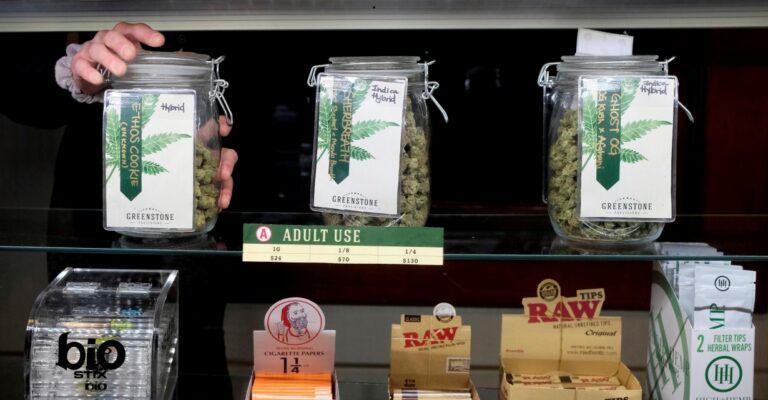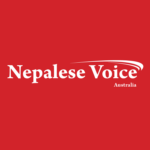
Adults will now be able to claim a free marijuana joint when they receive a COVID-19 vaccine in Washington State of the United States of America. The promotion called “Joints for Jabs,” is part of the state’s push to increase vaccinations.
Various states in the US, the hardest hit country in the world, have come up with various interesting offers to lure its residents to get vaccinated against COVID-19.
West Virginia is offering $100 savings bonds to 16- to 35-year-olds who get vaccinated. Maryland will pay fully vaccinated state employees $100. Breweries participating in New Jersey’s “Shot and a Beer” program are giving out free drinks to legal adults who gets vaccinated in May.
Connecticut and Washington, D.C., are also running free-drink promotions for the inoculated. The New York Yankees and Mets will reportedly offer free tickets to fans who get vaccinated at ballparks before games. Lawmakers in Harris County, Tex., approved a $250,000 budget for vaccine perks like gift cards and freebies.
Detroit is handing out $50 prepaid debit cards to pre-registered individuals who drive a neighbor to a vaccine clinic. In Michigan, residents of the Detroit area are eligible for a $50 prepaid card through the Good Neighbor program when they help get a neighbor vaccinated by scheduling and driving them to their first appointment.
Despite rewarding schemes, more than half of the US population has not yet received a single COVID-19 vaccine dose, even though they are now available to adults nationwide— since US Census Bureau data show that less than 15% of US adults identify as vaccine hesitant.
Conspiracy theories among anti-vaxers have become a bane to the US government in its drive to inoculate residents and reach herd immunity.
Rich countries with 14% of the world’s population, which have booked most of the currently available stocks of COVID-19 vaccines, are also planning to donate some excess doses to poor countries, only US has announced donation as of yet.
All the while, poor countries like Nepal administered merely 2,706,835 doses so far, enough to have vaccinated about 4.7% of the population.
Hundreds of COVID deaths in Nepal during the second wave of the pandemic could have been prevented, had the residents been vaccinated. Most Nepalis are more than willing to get the vaccine amid crippling unavailability.
All the while, schemes and offers by the US – which boasts a literacy rate of 99% — to get its residents vaccinated serve as some quality dark humor for poorer countries like Nepal.
Nepal does not have the economic capacity, in comparison with the world’s richest nations, to buy or book vaccines whereas wealthier nations have bought up enough doses to vaccinate their entire populations nearly three times over by the end of 2021.
Canada tops the chart with enough vaccines to vaccinate each Canadian five times.
Steve Cockburn, Amnesty International’s Head of Economic and Social Justice said, “Rich countries have clear human rights obligations not only to refrain from actions that could harm access to vaccines elsewhere, but also to cooperate and provide assistance to countries that need it.”
“By buying up the vast majority of the world’s vaccine supply, rich countries are in breach of their human rights obligations. Instead, by working with others to share knowledge and scale up supply, they could help bring an end to the global COVID-19 crisis.”
The World Health Organization’s COVAX programme is the main global scheme to vaccinate people in poor and middle income countries around the world against the coronavirus.
It aims to deliver at least 2 billion vaccine doses by the end of 2021 to cover 20% of the most vulnerable people in 91 poor and middle-income countries, mostly in Africa, Asia and Latin America.
But the programme is struggling from a lack of funds, supply risks and complex contractual arrangements, which could make it impossible to achieve its goals, as most vaccines have already been hoarded by rich countries and they refuse to share.
Nepal received 348,000 doses of vaccine on 7 March from COVAX though the COVAX Facility had pledged to provide 1.92 million vaccine doses to Nepal by the end of May 2021.






